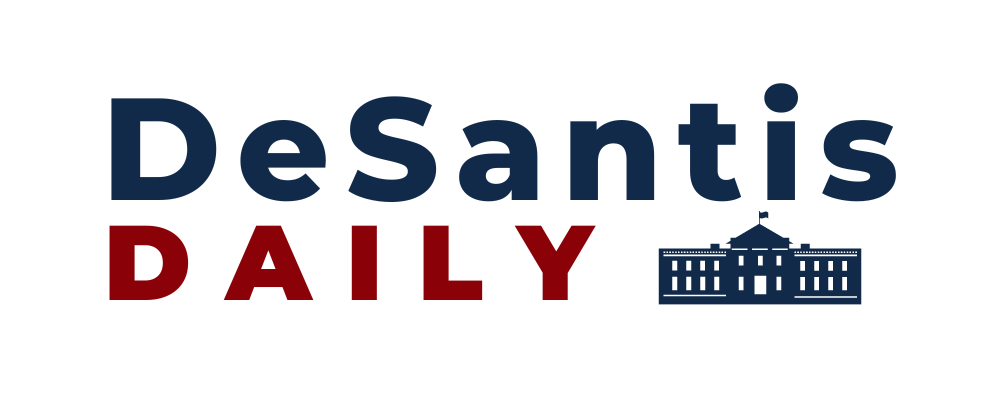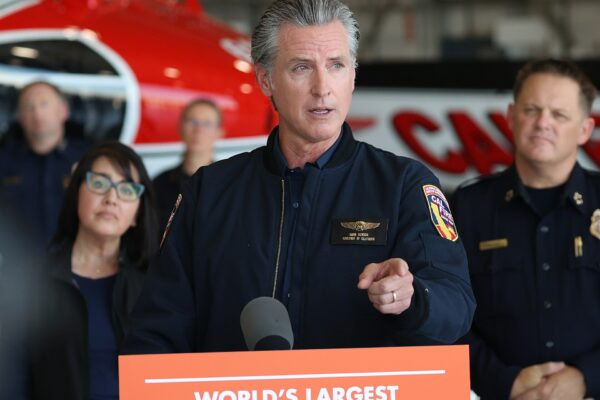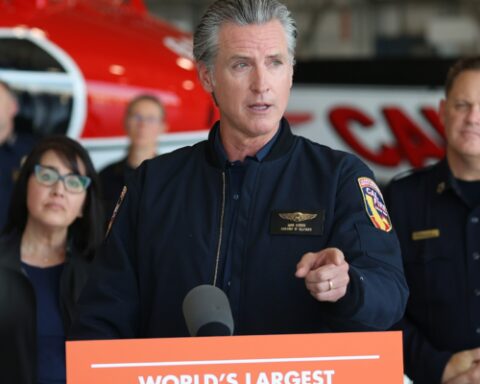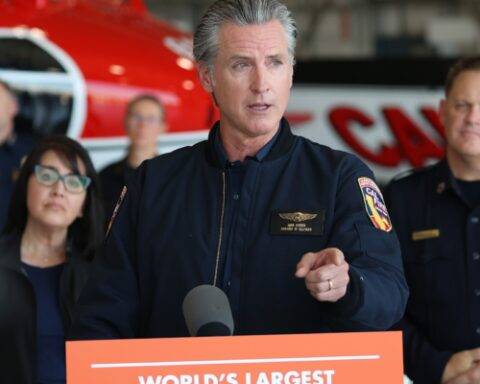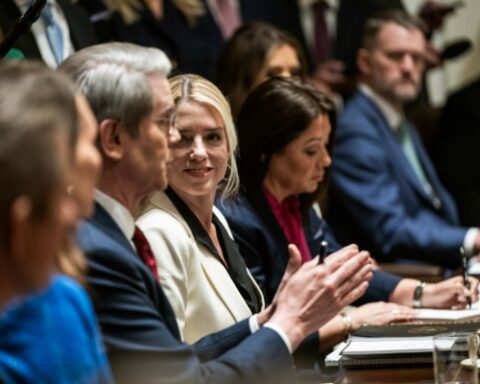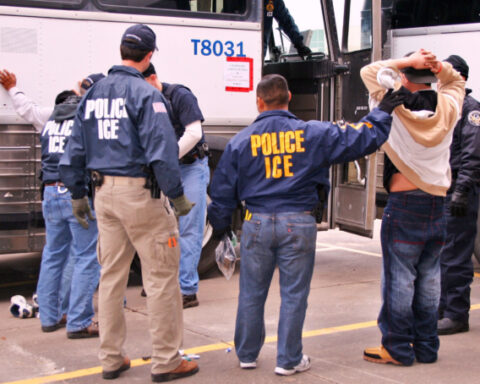Democratic California Governor Gavin Newsom reportedly vetoed legislation that would have increased pay for state firefighters, months after devastating wildfires swept through Los Angeles County, leaving billions in damages and displacing hundreds of residents.
The move comes amid growing criticism of the governor’s leadership and the state’s response to recurring wildfire crises.
On Friday, Newsom sent a letter to the California State Assembly explaining his decision to reject Assembly Bill 1309, citing concerns over the bill’s cost and its impact on collective bargaining. “While I appreciate the author’s intent, this bill would create significant cost pressures for the state and circumvent the collective bargaining process,” Newsom wrote. “State employee salaries, along with other components of compensation such as health and pension benefits, should be determined through collective bargaining. Establishing a statutory salary floor for employees of a single department undermines this process, to the detriment of both the state and other bargaining units.”
The legislation, introduced by Republican Assembly Member Heath Flora in February as a bipartisan measure, sought to mandate that firefighters in State Bargaining Unit 8—employed by the Department of Forestry and Fire Protection—receive salaries within 15 percent of the average for comparable ranks in 20 California fire departments.
The bill also would have required an annual survey of salaries and benefits for fire chiefs in five designated fire departments, with the first report due by January 1, 2027.
The veto has reignited debate over California’s preparedness and resource allocation in the face of increasingly severe wildfires.
Early in January, fires ravaged multiple Southern California communities, forcing evacuations and destroying thousands of acres. The disasters drew criticism not only for their immediate toll but also for the slow pace of state recovery efforts.
A Pacific Palisades resident told the Los Angeles Times in August that navigating insurance claims, contractors, and testing specialists to return home has been “far from straightforward,” leaving residents frustrated nearly nine months after the fires.
Investigations into the state’s response have highlighted systemic shortcomings. A September report by the McChrystal Group, commissioned by the Los Angeles County Board of Supervisors, found that the county’s firefighting response was hampered by staffing shortages, outdated policies, inconsistent practices, and communication failures.
Analysis by the Bay Area News Group confirmed chronic understaffing: the Los Angeles Fire Department has fewer than one firefighter per 1,000 residents—a rate of 0.90—one of the lowest in the nation. San Jose Fire Captain Jerry May told the outlet that his city, one of the busiest in the country, is “severely understaffed” compared with other metropolitan areas.
Newsom and Democratic Los Angeles Mayor Karen Bass have faced bipartisan scrutiny for their handling of disaster relief.
President Donald Trump, during a January press conference with state leaders, urged swifter government support for residents in Pacific Palisades, criticizing delays in aid distribution.
Republicans have also pointed to legislative failures over decades. A state Senate Republican Caucus press release noted that GOP lawmakers introduced 72 wildfire-related bills from 2003 to 2024, addressing public safety, insurance, tax relief, and CEQA reforms.
Only 16 of those bills became law; the rest were blocked, suspended, or vetoed by governors including Newsom. Critics argue that a focus on recovery alone, without structural reforms and adequate staffing, leaves California vulnerable to repeated catastrophic fires.
As California braces for another wildfire season, questions about leadership, funding, and firefighter compensation remain central to the ongoing debate over the state’s ability to protect its residents and communities.
[READ MORE: Jeffries Dismisses Potential Deal on Obamacare]
